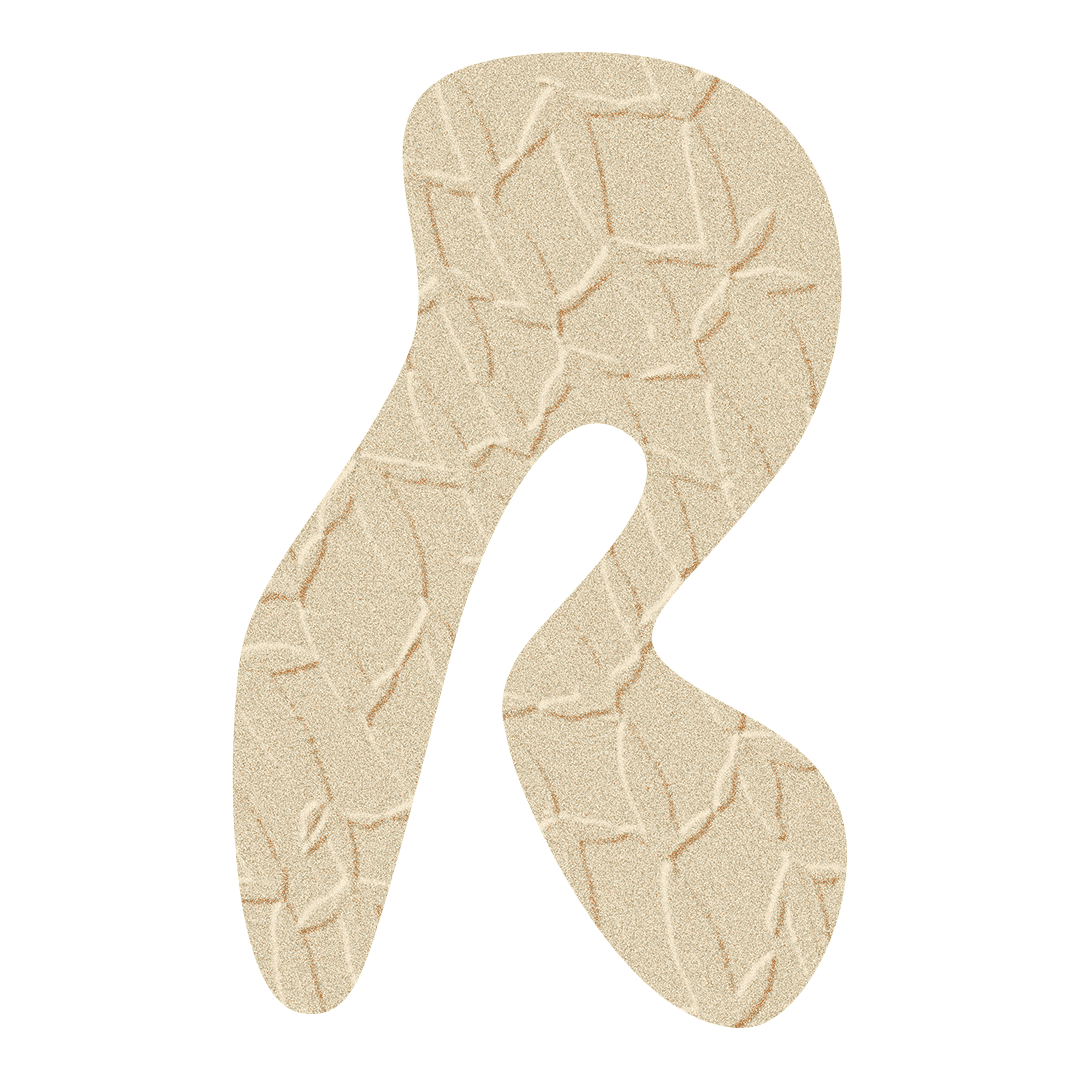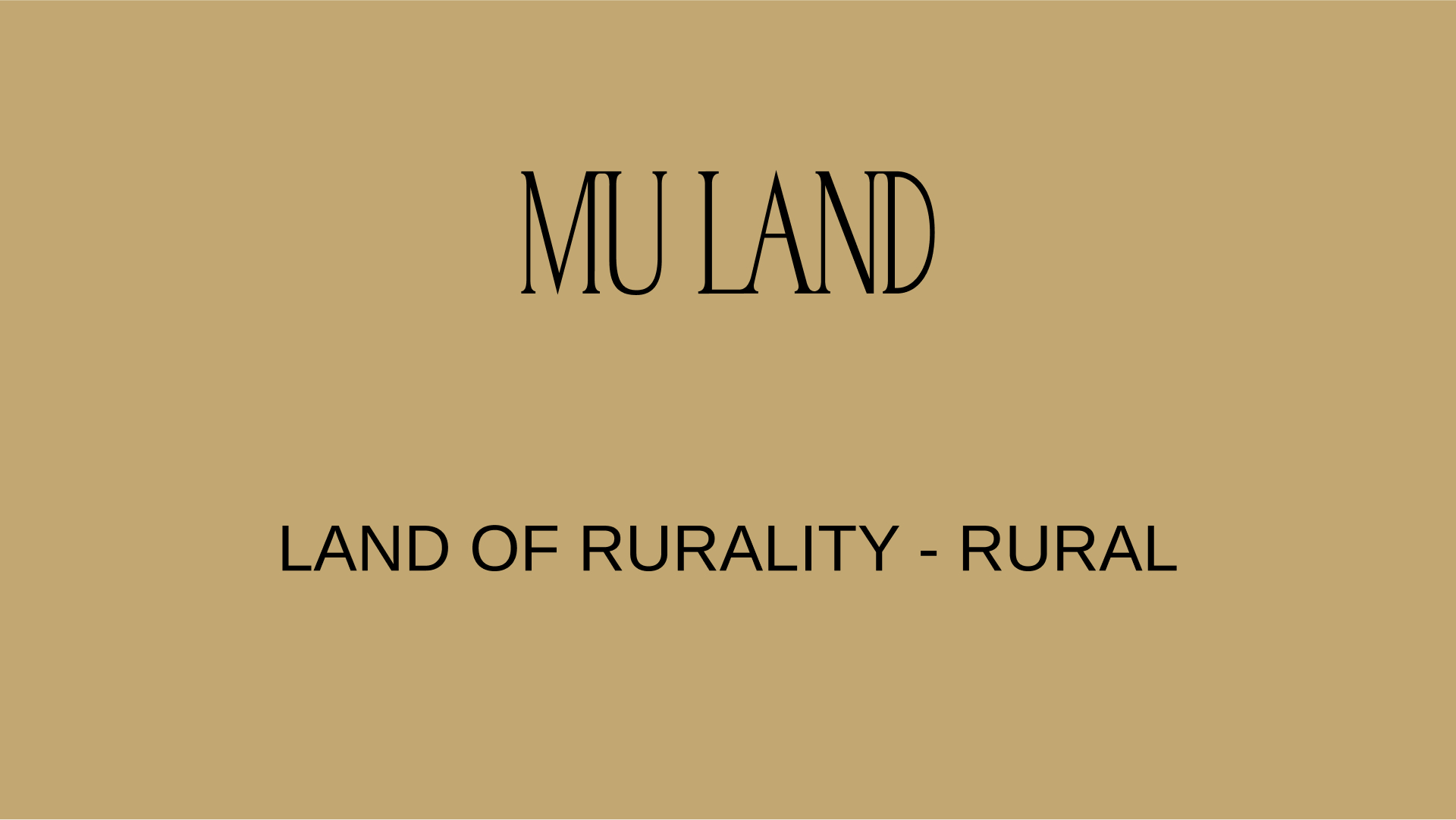
Textiles sourced from the rural world hark back to centuries-old traditions and the use of raw materials found in nature and available locally; they are sustainable, environmentally friendly and produced using artisan or semi-artisan methods. Cotton, linen, jute, sisal, rattan, bamboo, straw, wicker, coconut fibre, banana fibre, wood, leather and cowhide are essential.
Fabrics include: lace, macramé, floral and geometric broderie anglaise, embroidery, mogador, bouclé, flocked and devoré fabrics, coarse cloth, lightweight knits, knitted macro meshes and many different appliqués.
Three-dimensional edging and brocades, handcrafted and folk-patterned weaves, all over fil coupé that leave room for only a few transparencies while exalting three-dimensionality, whether tone-on-tone, multicoloured or with floating details.
Tonal and interspersed coupé yarns on light cotton crepon, cotton and linen-cotton hopsack weaves, lancé brocade with barré patterns on raw schappe silks and organic cotton, 3D printing on poplin and double face fabrics, alternating with floaty structures, create an all over floated look.
Shirting materials include cotton with irregular or shaded macro stripes, monocolour or micro flower-print cloth, and bold and breathable Bayadère fabric made of matte natural fibres as well as soft viscose and jersey.
Examples of accessories are jacquard ribbons with traditional folk designs, linen and cotton ribbons with deckchair stripes, contrasting fringed edging and crocheted appliqués and trimmings.
Fabric or recycled paper labels sport distressed details, zippers are frayed and coconut buttons reveal floral motifs, while appliqués and embroidery are man-made.


The colours are represented by a palette inspired by natural, raw materials, enhanced through artisan production with neutral, basic tones combined with shades of leaves and newly blooming flowers. Soft colours, subdued and made sensual by touches of coral red and carnal pink.
11-1404 TPG
16-1144 TPG
15-0523 TPG
15-1530 TPG
18-1447 TPG
17-0935 TPG